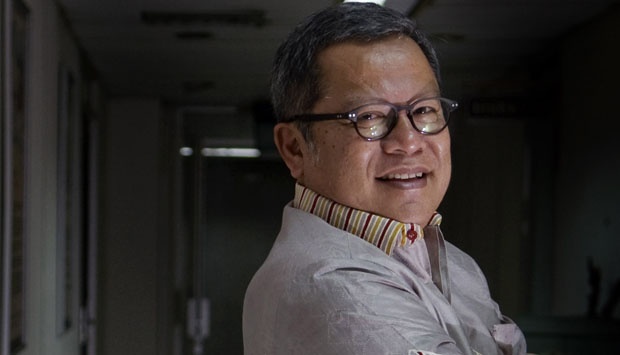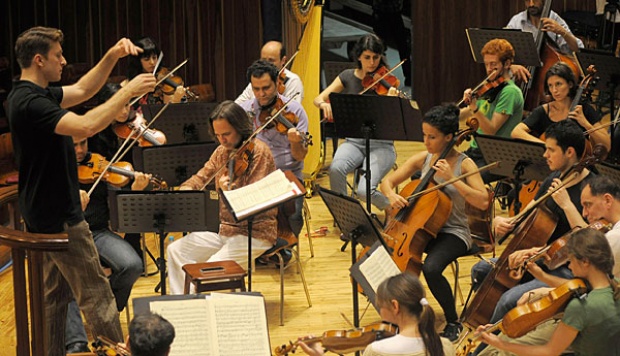
TEMPO.CO, Jakarta - The traditional Balinese dance has been an important part of the Balinese culture since long ago, passed on from generation to generation until today, said a Balinese art and culture expert, Kadek Suartaya.
"Before the Hindu religion came to Bali, primitive locals have already invented ritual dances to fend off evil and bad omen, which we can still find in villages and mountain areas in Bali," said Kadek, who is also a lecturer at the Indonesian Art Institute (ISI) in Denpasar.
However, the fall of the Majapahit Kingdom in the early 15th century brought wonders to the art and culture of Bali which was improvised by artists which have escaped from Java.
During the Balinese Kingdom era, which is around the 15th to 19th century, Balinese dances are at its golden years by the creation of a number of drama dances such as Gambuh drama dance, which is well known as the source of all Balinese dances which flourished afterwards.
"As a result, Balinese dances are so well tied by the Hindu and Balinese culture beliefs combined," he said.
Based on the 'Sacred and Profan Dance Seminar' in 1971, the people of Bali classify dances into three groups, the Tari Wali, Tari Bebali, and Tari Balih-Balihan.
Tari Wali is a type of dance from Bali which is considered sacred, and only performed during times which are considered sacred.
Tari Bebali is a ceremonial dance performed to complete a religious ritual.
Tari Balih-Balihan is a secular show performed in a profane arena.
Kadek said that dances are a reflection of social organizations, means of ritual expressions, secular and religious.
Other than that, dances are also recreational activities and entertainment. They are also a way to express psychological issues and as a reflection of economic activities, said Kadek.
ELLA SYAFPUTRI






















